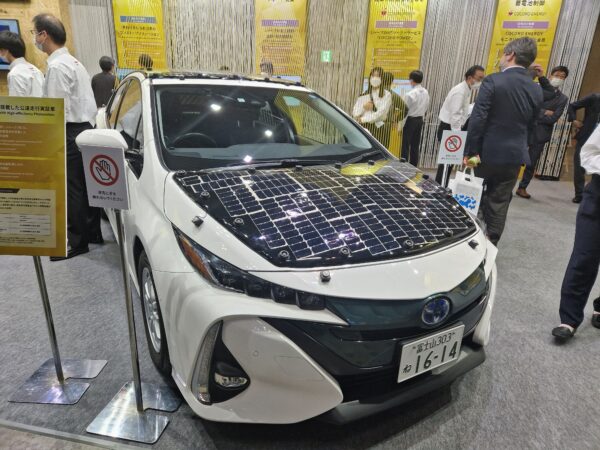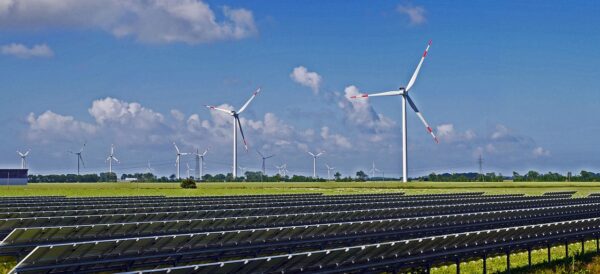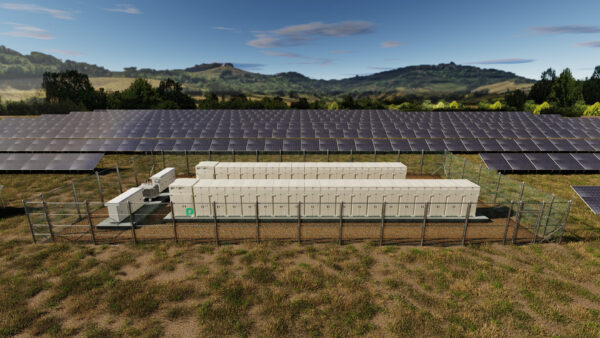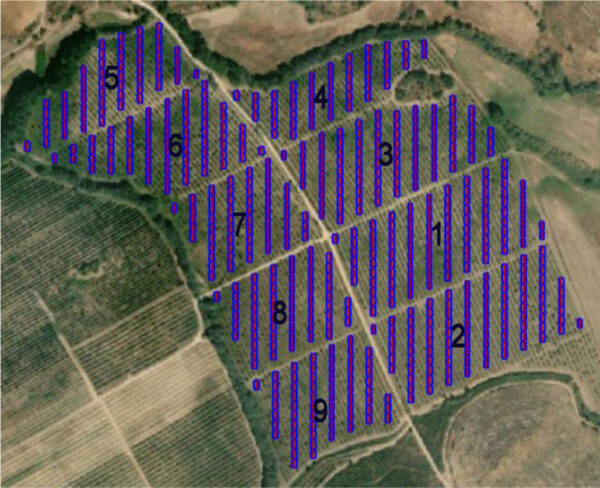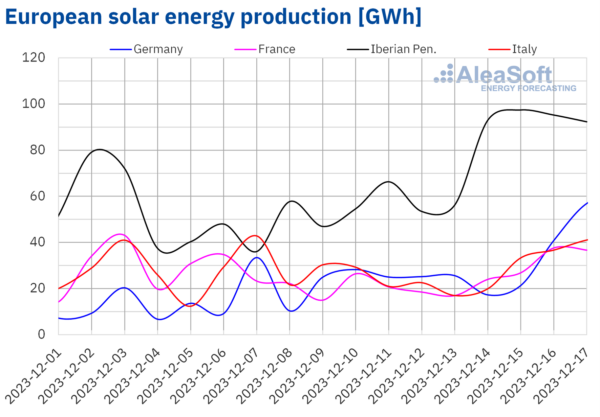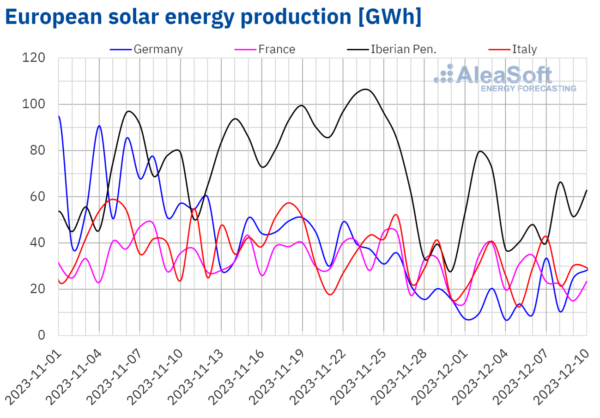Search Results for "Portugal"
Press Release
Feb 06, 2024
LONGi Hi-MO 5 modules will be deployed at five projects…
Press Release
Jan 17, 2024
Nomad Electric has initiated its first contract on the Iberian…
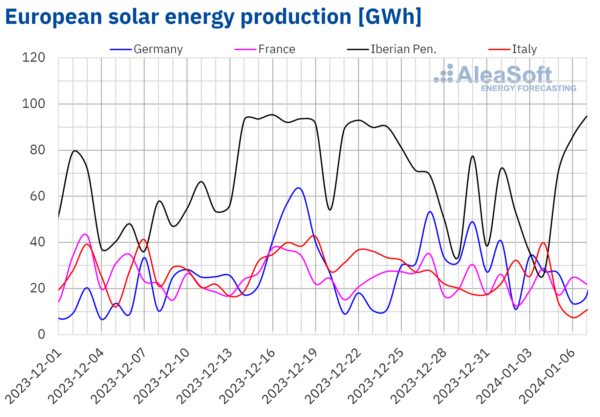
Opinion and analysis
Jan 09, 2024
According to data collected by AleaSoft Energy Forecasting, Europe enjoyed…
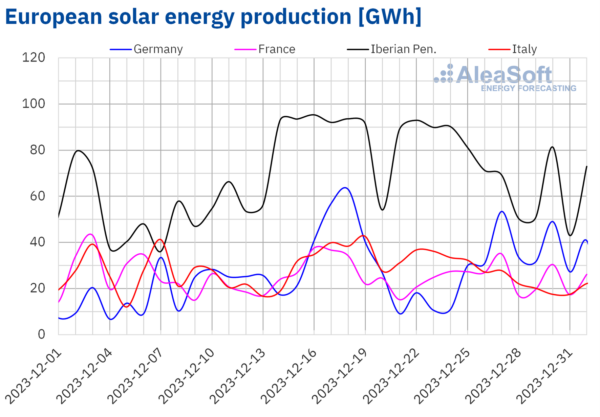
Opinion and analysis
Jan 03, 2024
According to data collected by AleaSoft Energy Forecasting, wind and…
Filter Results
